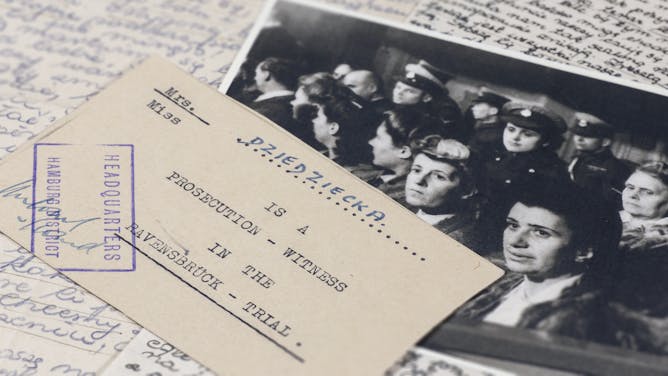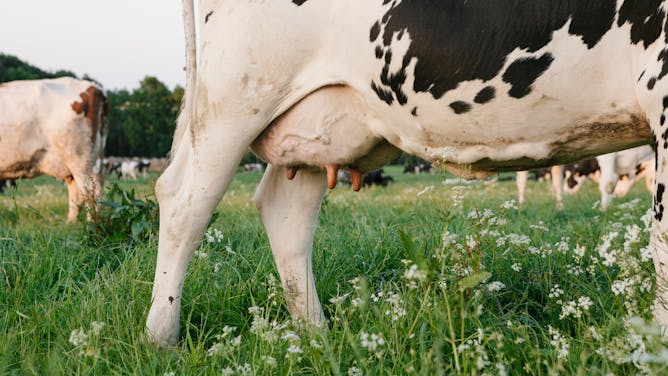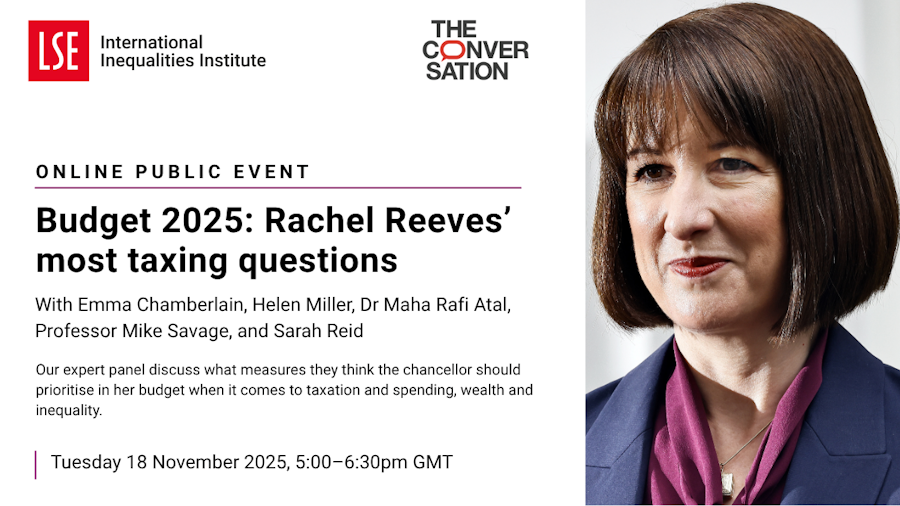|
Antidepressants are one of the most widely prescribed drugs in the world. While they can be very effective at treating mental health disorders, they can also cause a range of physical side-effects — including weight gain, blood pressure changes and altered heart rate.
But a recent paper has shown that physical side-effects can vary significantly between different types of antidepressants. For example, this means someone could gain 2kg on one type of antidepressant, but could lose 2.5kg when taking a different type. The author of the study explains what you need to know.
The Ravensbrück archive was one of the earliest attempts in the world to systematically document the crimes of the Nazi regime, gathering more than 500 interviews with concentration camp survivors. In our latest Insights long read, historian Håkan Håkansson tells the story of how the archive came to be, and how it was nearly lost.
Milk is one of the world’s most familiar beverages and yet its identity is far more complicated than once thought. We dive into the politics of milk, exploring how deep the cultural, historical and emotional attachments to this fridge staple go.
|

|
Heather Kroeker
Commissioning Editor, Health + Medicine
|
|

Not all antidepressants are the same when it comes to their physical side-effects.
Kmpzzz/ Shutterstock
Toby Pillinger, King's College London
Our study showed that some antidepressants have greater effects on weight, cholesterol levels, blood pressure and blood sugar than others do.
|

Helena Dziedzicka’s notes and pass from the Hamburg Ravensbrück trials, with a still photo of the accused.
Lund University Library
Håkan Håkansson, Lund University
The Ravensbrück archive reveals how being a survivor of the camps did not always entail innocence.
|

Maryna Kostiuk / Shutterstock
JC Niala, University of Oxford; Johanna Zetterström-Sharp, UCL
Milk is never just milk. It’s saturated with meaning, emotion and contradiction, and provokes strong responses in people.
|
World
|
-
Martin Plaut, School of Advanced Study, University of London
Unemployment and corruption drive anger and despair, yet the flame of hope flickers alive.
-
Ambra Suriano, Lancaster University
The conflict will go on until Israelis and Palestinians are considered equal partners for peace.
|
|
Politics + Society
|
-
Alison Stenning, Newcastle University
Play isn’t just for playgrounds.
-
Francesca Jackson, Lancaster University
William has chosen to focus much of his work as Prince of Wales on issues with a social purpose.
-
Gail McElroy, Trinity College Dublin
Catherine Connolly has a significant leader over Heather Humphreys in the polls but these elections are notoriously unpredictable.
|
|
Arts + Culture
|
-
Nicola Bowring, Nottingham Trent University
Sources as old as Pliny the Younger, the ancient Roman lawyer and writer, tell stories of houses that are haunted.
-
Barry Langford, Royal Holloway, University of London
The Mastermind is a fascinating companion piece to Paul Thomas Anderson’s smash hit, One Battle After Another.
|
|
Business + Economy
|
-
Chris Hilson, University of Reading
The legal action is being taken on behalf of thousands of claimants.
|
|
Environment
|
-
Ewan Archer-Brown, University of Oxford; Brenda Boardman, University of Oxford; Jan Rosenow, University of Oxford
The UK still needs to retrofit millions of homes. We can’t leave it up to the market, say experts.
-
Lynda Dunlop, University of York; Steven Forrest, University of Hull
Serious games go beyond entertainment to connect with real-world problems.
|
|
Health
|
-
Justin Stebbing, Anglia Ruskin University
A low-cost LED-powered therapy that uses nanoscopic tin oxide flakes to kill cancer cells could make cancer treatment safer, more precise and more accessible.
|
|
Science + Technology
|
-
Michael J. Benton, University of Bristol
Old fossils can reveal new secrets using modern technology.
-
Dan Baumgardt, University of Bristol
Actors are skilled at performance and reading emotions in others, but athletes are set on winning.
|
|
|
|
-
Rachael Jolley, The Conversation
Conferences that bring people of different backgrounds together and propose solutions are more likely to create change.
|
|
|
|
| |
| |
| |

|
| |
| |
| |
|
|
10 September - 29 October 2025
•
Southampton
|

|
30 September - 22 October 2025
•
Wivenhoe Park, Colchester
|

|
|
|

|
|
| |